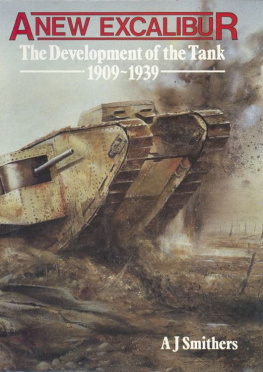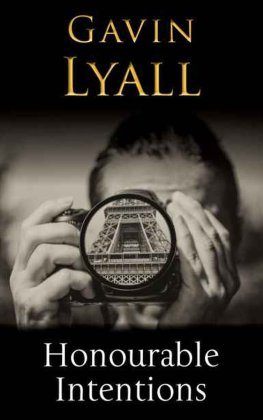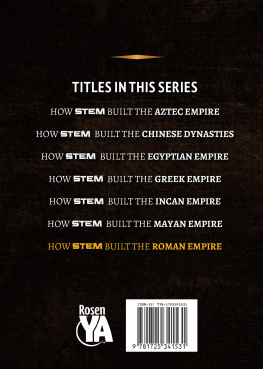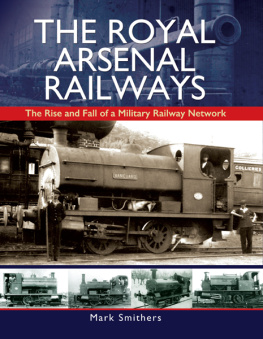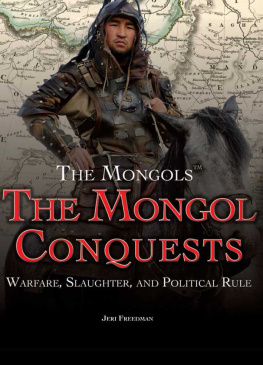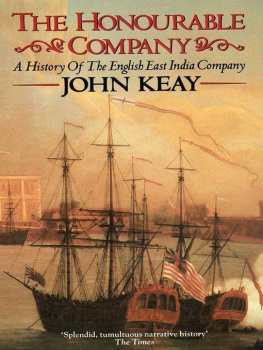A. J. Smithers - Honourable conquests : an account of the enduring work of the Royal Engineers throughout the empire
Here you can read online A. J. Smithers - Honourable conquests : an account of the enduring work of the Royal Engineers throughout the empire full text of the book (entire story) in english for free. Download pdf and epub, get meaning, cover and reviews about this ebook. year: 1991, publisher: Leo Cooper, genre: Art. Description of the work, (preface) as well as reviews are available. Best literature library LitArk.com created for fans of good reading and offers a wide selection of genres:
Romance novel
Science fiction
Adventure
Detective
Science
History
Home and family
Prose
Art
Politics
Computer
Non-fiction
Religion
Business
Children
Humor
Choose a favorite category and find really read worthwhile books. Enjoy immersion in the world of imagination, feel the emotions of the characters or learn something new for yourself, make an fascinating discovery.

- Book:Honourable conquests : an account of the enduring work of the Royal Engineers throughout the empire
- Author:
- Publisher:Leo Cooper
- Genre:
- Year:1991
- Rating:3 / 5
- Favourites:Add to favourites
- Your mark:
- 60
- 1
- 2
- 3
- 4
- 5
Honourable conquests : an account of the enduring work of the Royal Engineers throughout the empire: summary, description and annotation
We offer to read an annotation, description, summary or preface (depends on what the author of the book "Honourable conquests : an account of the enduring work of the Royal Engineers throughout the empire" wrote himself). If you haven't found the necessary information about the book — write in the comments, we will try to find it.
A. J. Smithers: author's other books
Who wrote Honourable conquests : an account of the enduring work of the Royal Engineers throughout the empire? Find out the surname, the name of the author of the book and a list of all author's works by series.
Honourable conquests : an account of the enduring work of the Royal Engineers throughout the empire — read online for free the complete book (whole text) full work
Below is the text of the book, divided by pages. System saving the place of the last page read, allows you to conveniently read the book "Honourable conquests : an account of the enduring work of the Royal Engineers throughout the empire" online for free, without having to search again every time where you left off. Put a bookmark, and you can go to the page where you finished reading at any time.
Font size:
Interval:
Bookmark:
Sir Horace Smith-Dorrien and his enemies.
The development of the Tank 19091939
An account of Tank maturity
during the Second World War.
CONQUESTS
of the enduring work
of the
ROYAL ENGINEERS
throughout the Empire
A. J. Smithers

LEO COOPER
190 Shaftesbury Avenue, London WC2H 8JL
an imprint of Pen & Sword Books Ltd
47 Church Street, Barnsley, South Yorkshire
Cataloguing in Publication data
is available from the British Library
Printed in Great Britain by The Redwood Press, Melksham
Meeting of Buckinghamshire, 1784.
Director, the Royal Engineers Museum, Chatham
Font size:
Interval:
Bookmark:
Similar books «Honourable conquests : an account of the enduring work of the Royal Engineers throughout the empire»
Look at similar books to Honourable conquests : an account of the enduring work of the Royal Engineers throughout the empire. We have selected literature similar in name and meaning in the hope of providing readers with more options to find new, interesting, not yet read works.
Discussion, reviews of the book Honourable conquests : an account of the enduring work of the Royal Engineers throughout the empire and just readers' own opinions. Leave your comments, write what you think about the work, its meaning or the main characters. Specify what exactly you liked and what you didn't like, and why you think so.

